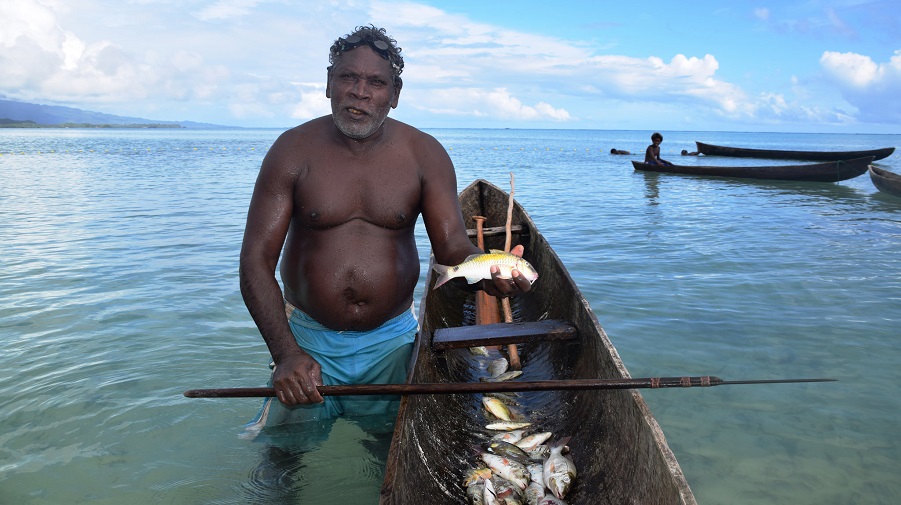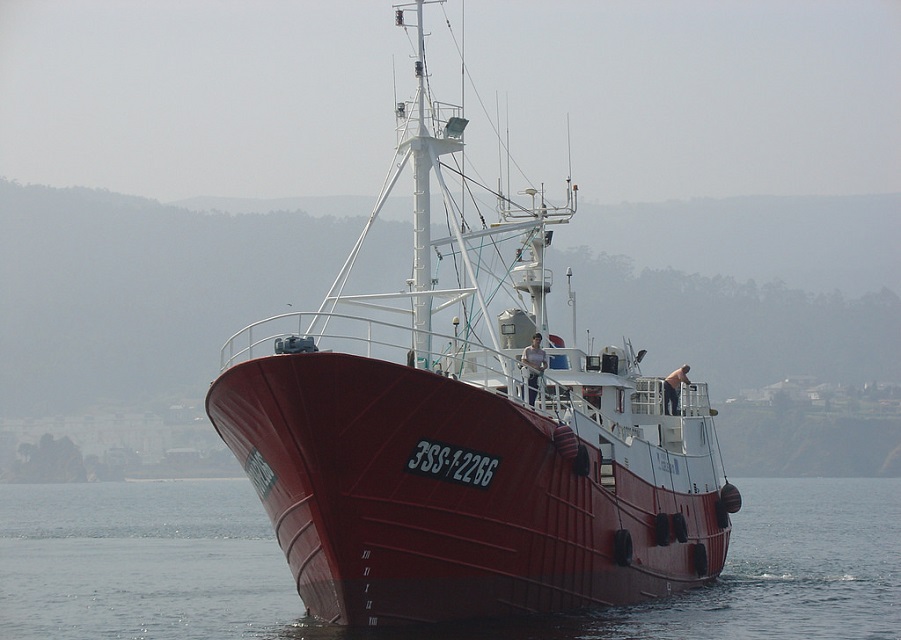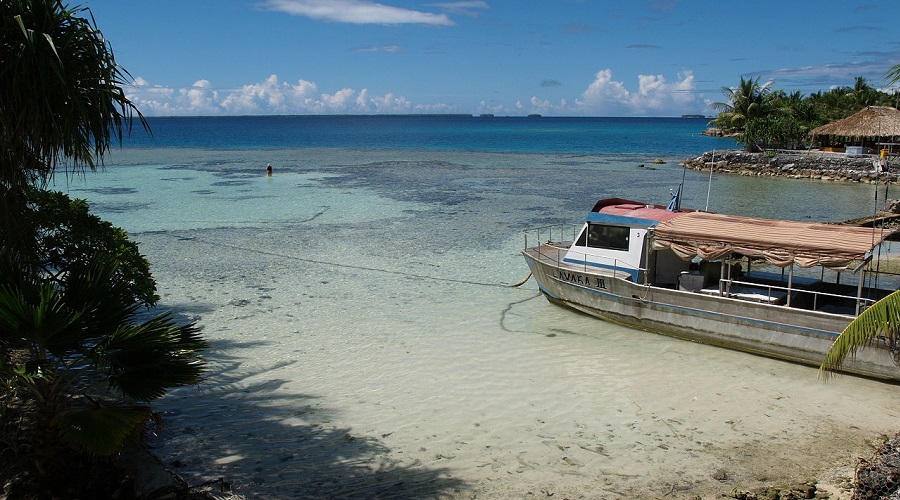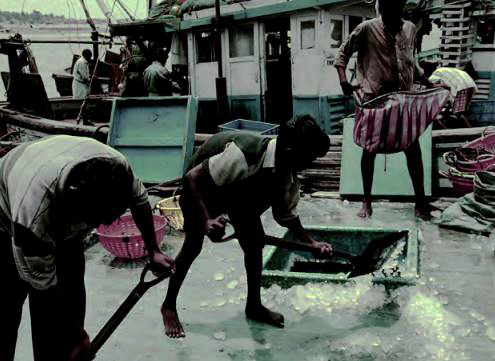Rashid Sumaila, Director of the Fisheries Economics Research Unit at the University of British Columbia and Associated Faculty at the Sea Around Us, will be visiting Perth and offering a lecture on February 19, 2019.
Tag: fishing effort
The importance of coastal fisheries
The Sea Around Us’ Deng Palomares and Daniel Pauly have just added a new item to their long list of publications: a chapter in Elsevier’s book Coast and Estuaries: The Future.
In their contribution, titled “Coastal fisheries: the past, present and possible futures,” Palomares and Pauly highlight the importance of coastal fisheries by pointing out that they made up 55 per cent of global marine fisheries catch from 2010 to 2014.
Carbon dioxide emissions from global fisheries larger than previously thought
Carbon dioxide emissions from the fuel burnt by fishing boats are 30 per cent higher than previously reported, researchers with the Sea Around Us initiative at the University of British Columbia and the Sea Around Us – Indian Ocean at the University of Western Australia have found.
In a study published in Marine Policy, the scientists show that 207 million tonnes of CO2 were released into the atmosphere by marine fishing vessels only in 2016. This is almost the same amount of CO2 emitted by 51 coal-fired power plants in the same timeframe.
Fishing pressure and climate change challenge Tokelau’s food security
Tokelau’s fish-dependent population may be at risk of seeing its main source of locally available animal protein dramatically reduced if the amounts and species of fish caught by local fishers in their waters stay the same or increase.
According to a study by researchers with the Sea Around Us initiative at the University of British Columbia and the Sea Around Us – Indian Ocean at the University of Western Australia, a small-scale, commercial or artisanal fishery that has been growing since it began in the early 2000s, combined with an expanding foreign industrial fishery that catches most of the offshore fish in the territory’s exclusive economic zone, may threaten people’s access to fresh seafood.
Modern slavery promotes overfishing
By combining fisheries data from the Sea Around Us initiative at UBC with country-level data on modern slavery, the researchers found that countries whose fleets rely heavily on government subsidies, fish far away from home ports, and fail to comprehensively report their actual catch, tend to fish beyond sustainable limits and are at higher risk of labour abuses.










